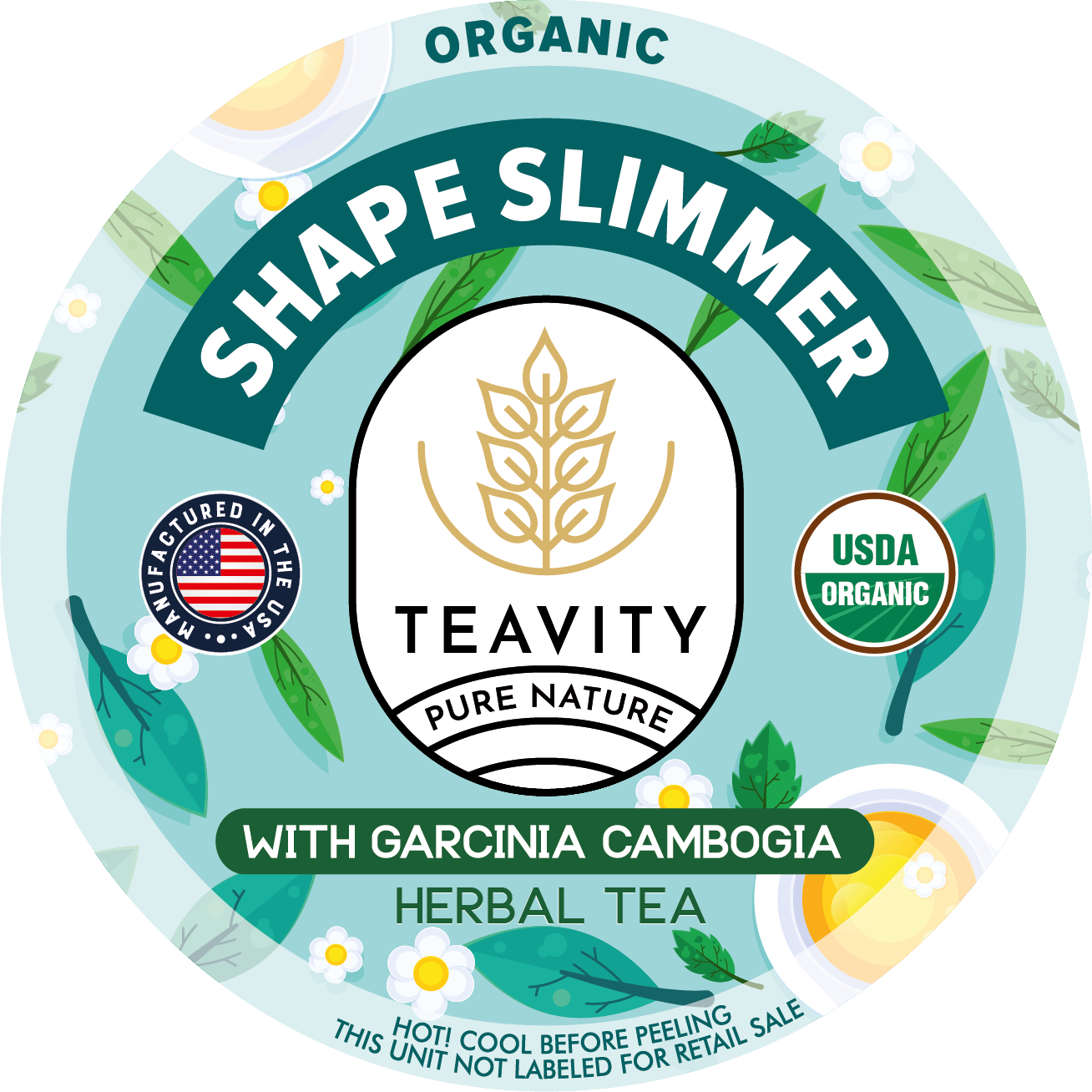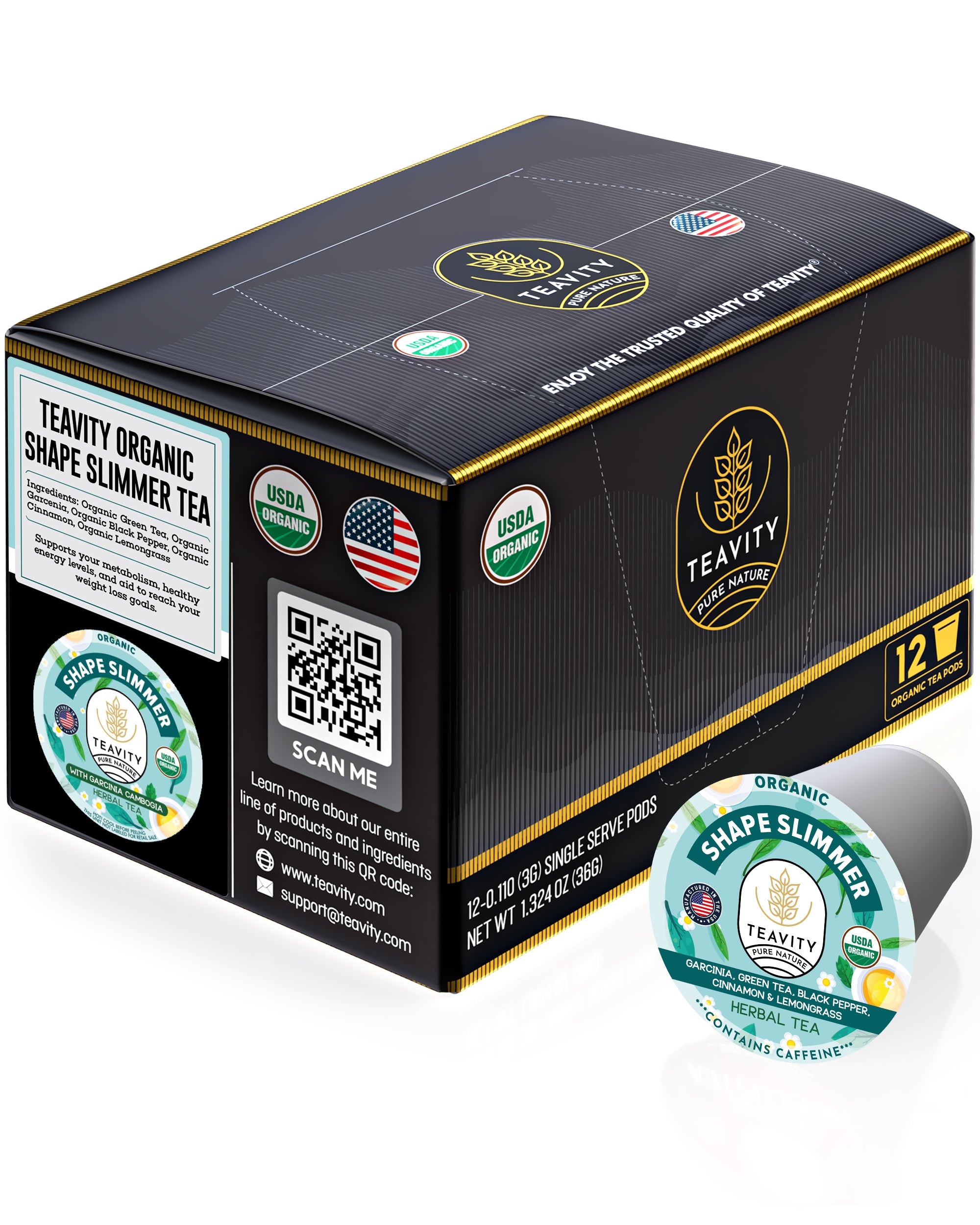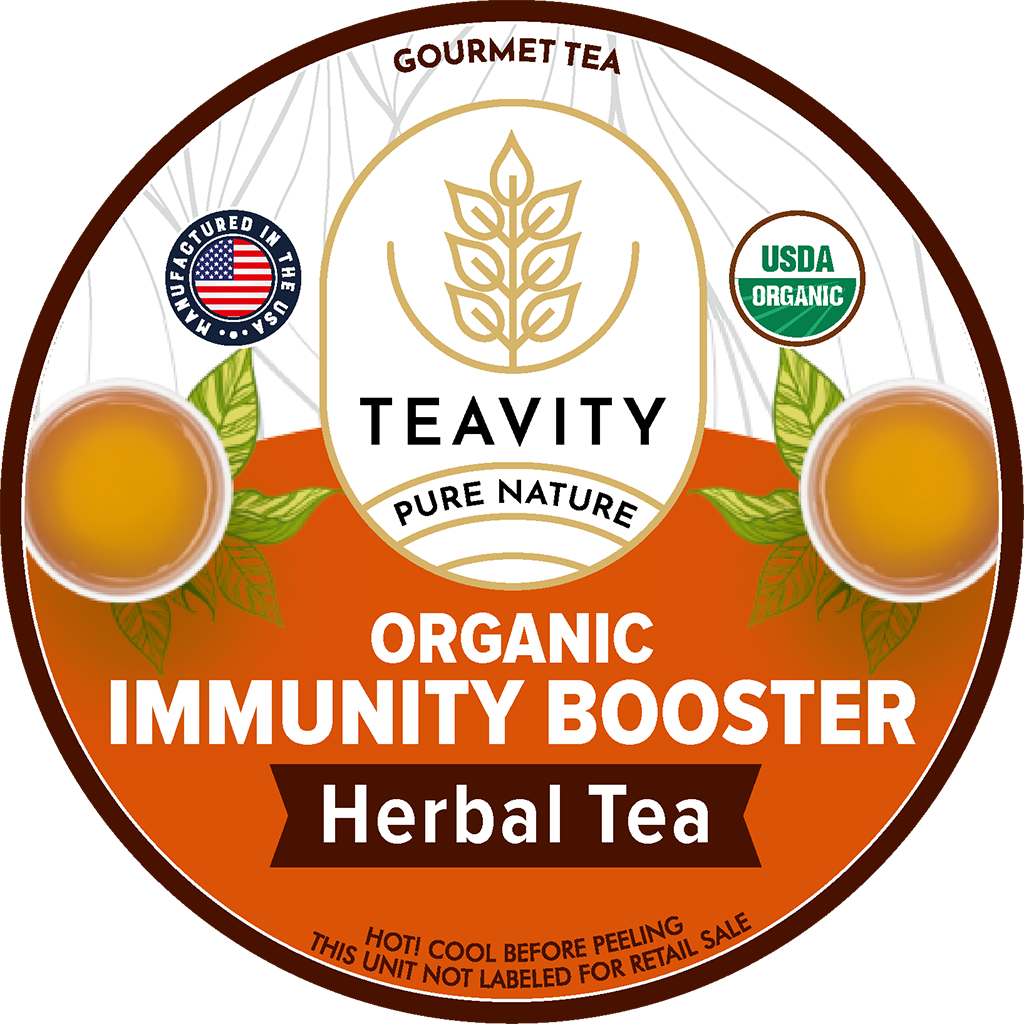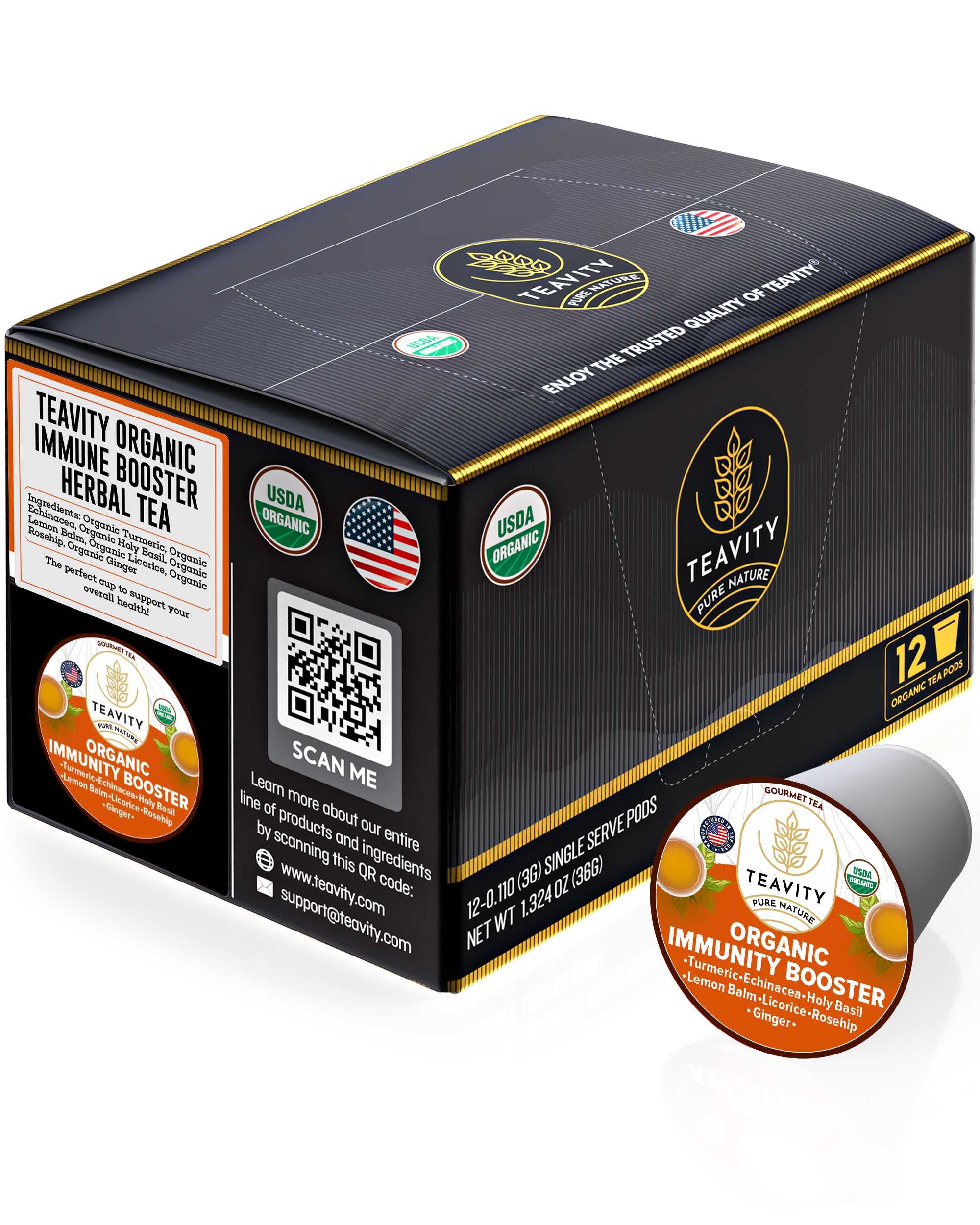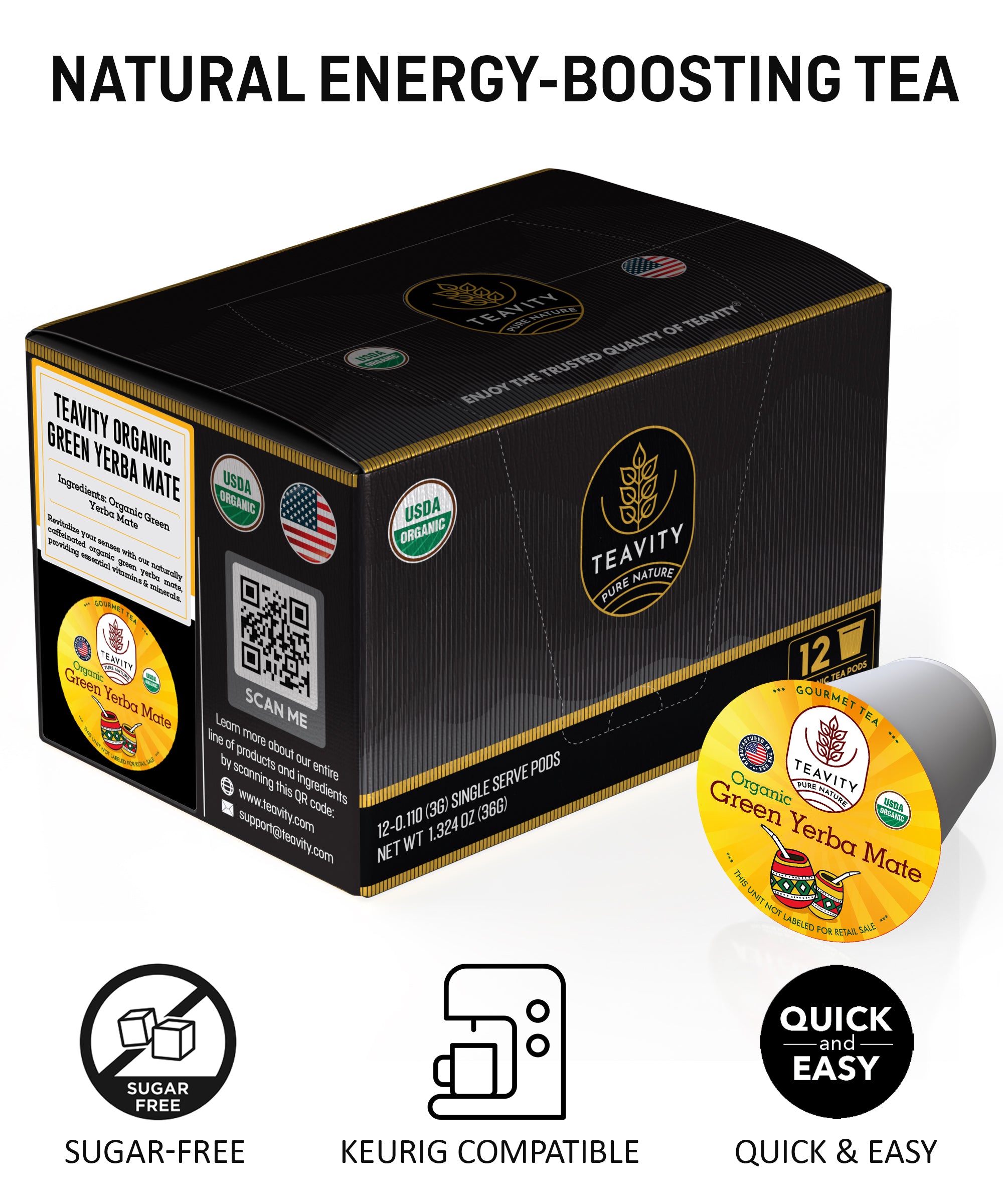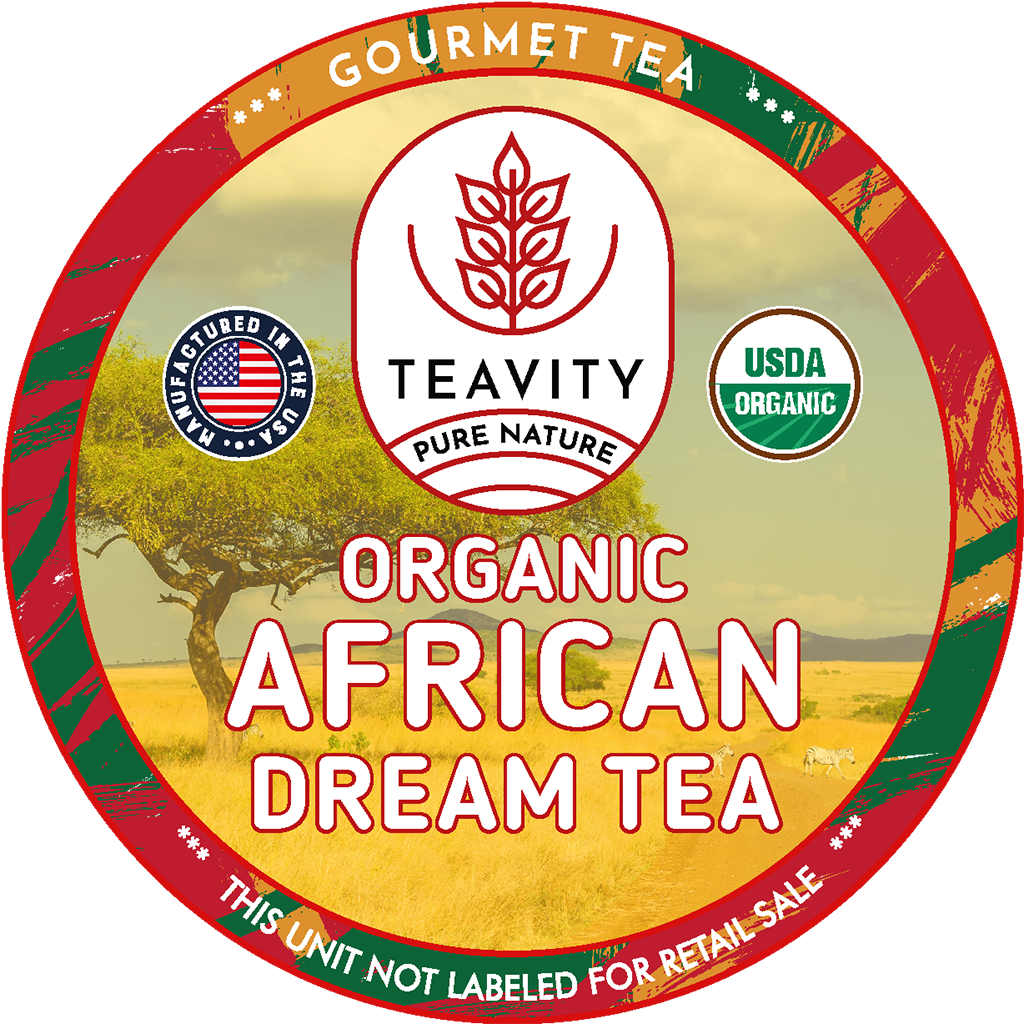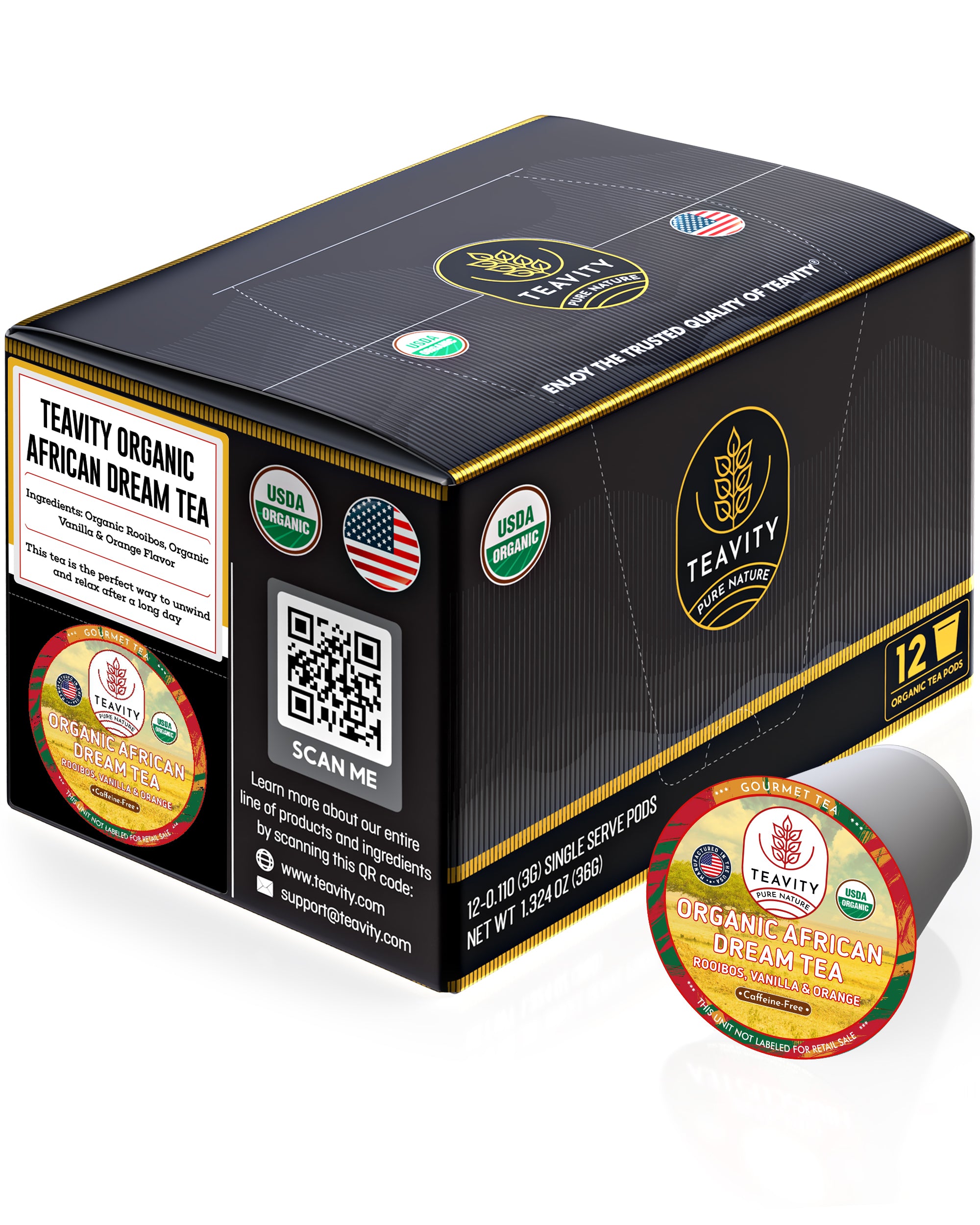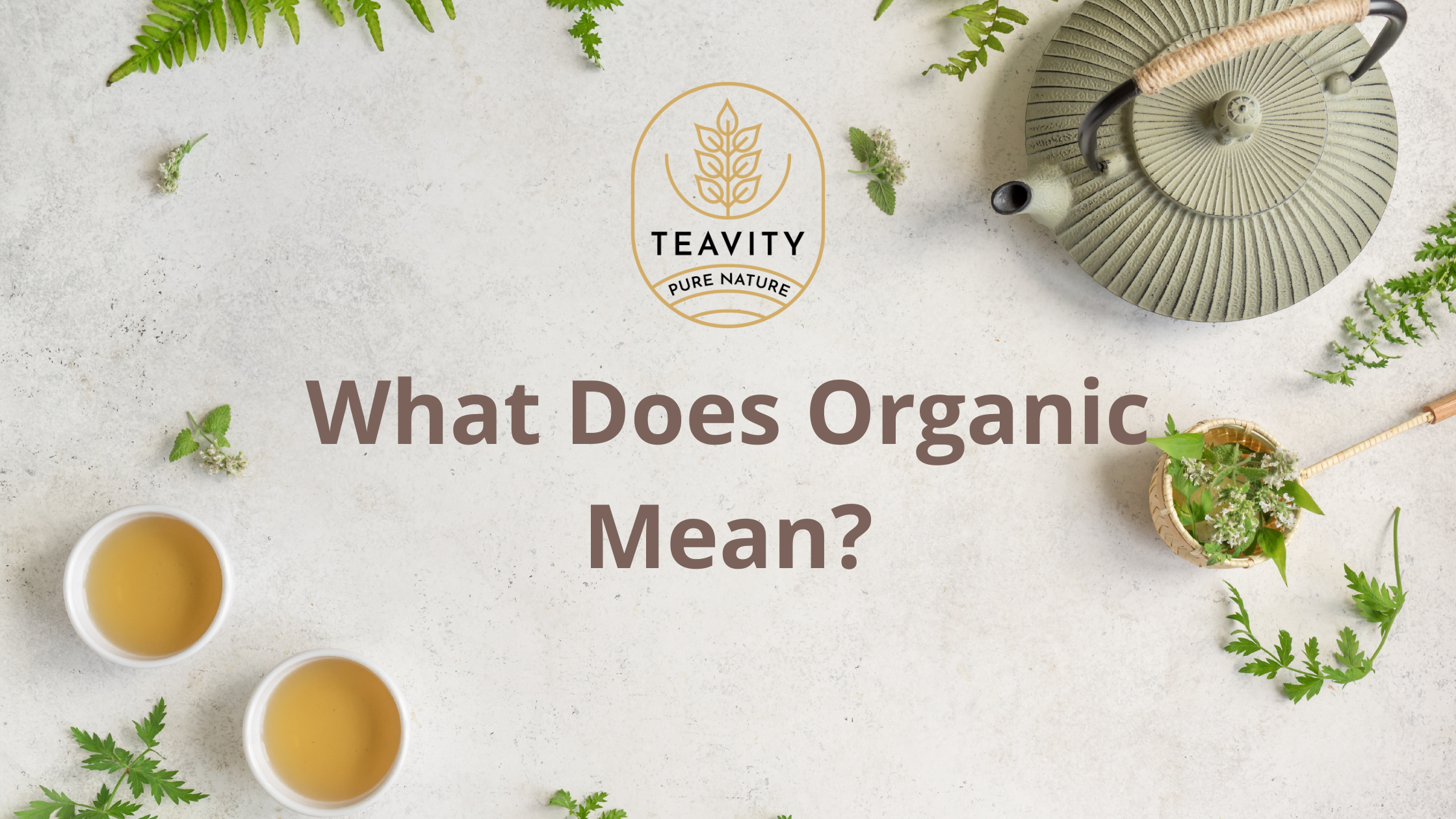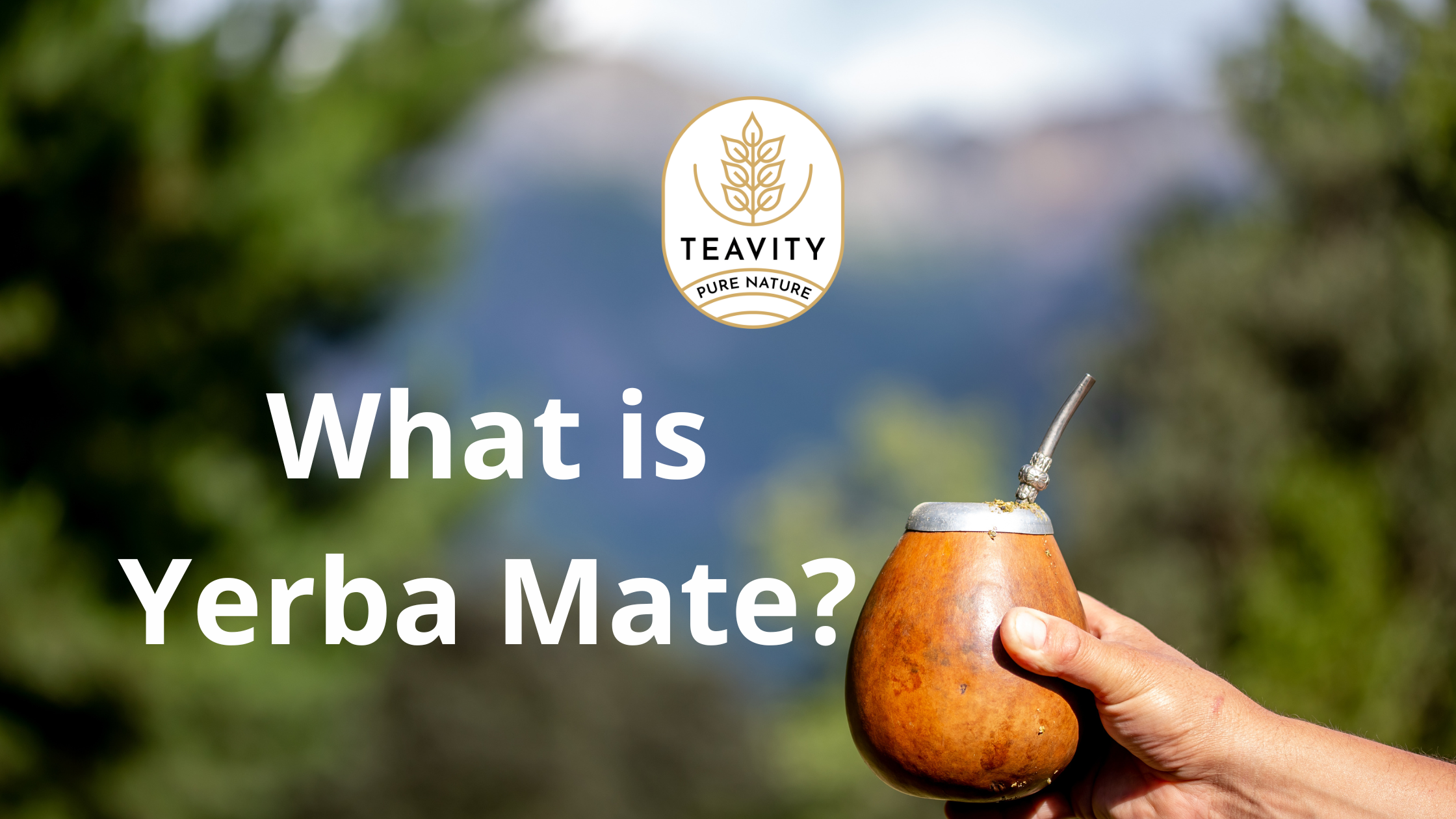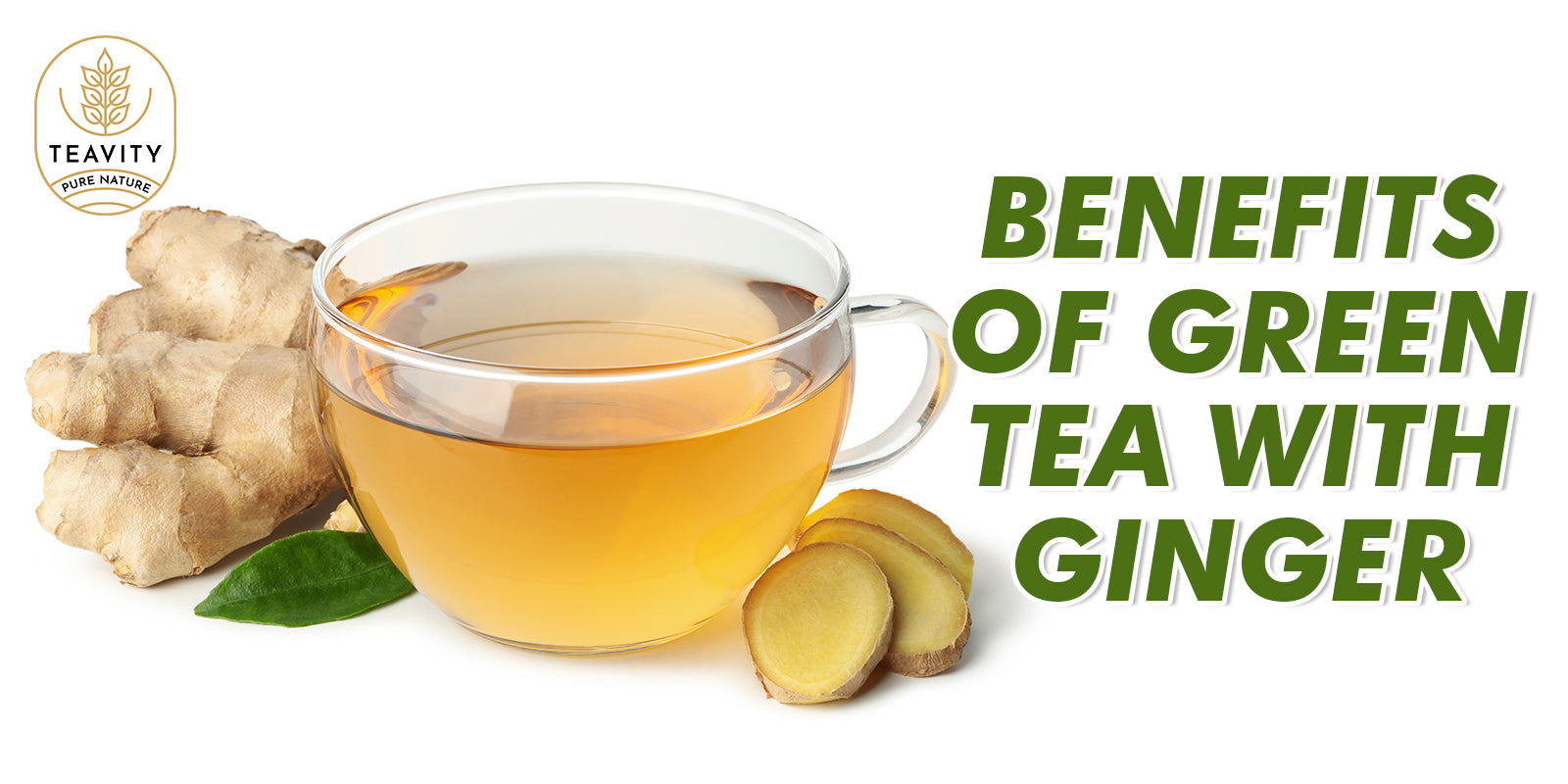
Is Ginger Tea Safe During Pregnancy?
Ginger Tea and Pregnancy: Safety, Benefits, and Precautions
Maintaining a healthy diet is crucial during pregnancy to support both the mother's well-being and the baby's development. Ginger tea, known for its soothing properties, has gained popularity as a natural remedy for various ailments. However, before incorporating ginger tea into your pregnancy routine, it's important to understand its safety and potential benefits.
Is Ginger Tea Safe During Pregnancy?
What the research says: Limited research suggests that ginger, including ginger tea, is generally safe for consumption during pregnancy. It has been used for centuries to alleviate symptoms of nausea, morning sickness, and digestive discomfort. However, further studies are needed to confirm its safety and efficacy during pregnancy.
Potential benefits of ginger tea during pregnancy:
- Relieving morning sickness: Ginger tea may help reduce nausea and vomiting associated with morning sickness, providing relief to expectant mothers.
- Easing digestive issues: The natural compounds in ginger can aid digestion and alleviate common pregnancy-related gastrointestinal problems, such as bloating and constipation.
- Boosting immune function: Ginger contains antioxidants and anti-inflammatory properties, which can support the immune system and overall well-being during pregnancy.
Possible risks and precautions:
- Heartburn and acid reflux: Ginger may exacerbate symptoms of heartburn or acid reflux in some individuals. Monitor your body's response and discontinue use if discomfort arises.
- Blood thinning effect: Ginger has mild blood-thinning properties, which may increase the risk of bleeding. Avoid excessive consumption and consult your healthcare provider if you have any bleeding disorders or are taking blood-thinning medications.
- Allergies or sensitivities: Some individuals may be allergic to ginger or experience sensitivities to it. If you experience any adverse reactions, discontinue use and consult a healthcare professional.
Consultation with a healthcare provider: It's essential to consult your healthcare provider before incorporating ginger tea into your diet during pregnancy. They can provide personalized guidance based on your specific health conditions, medical history, and individual needs.
How to Prepare Ginger Tea for Pregnancy:
-
Gather the ingredients:
- Fresh ginger root
- Filtered water
- Optional: lemon, honey, or other flavorings
- Choose high-quality ginger: Select a fresh, firm ginger root from a reputable source to ensure quality and maximize potential benefits.
- Washing and peeling the ginger: Rinse the ginger root thoroughly under running water to remove any dirt or impurities. Use a vegetable peeler or the edge of a spoon to peel the ginger skin.
-
Methods of preparing ginger tea: a. Simmering method:
- Slice or grate the peeled ginger.
- Add ginger slices or grated ginger to a pot of water.
- Bring the mixture to a boil, then reduce heat and let it simmer for 10-15 minutes.
- Strain the ginger pieces and pour the tea into a cup.
-
b. Steeping method:
- Slice or grate the peeled ginger.
- Place the ginger in a teapot or mug.
- Pour hot water over the ginger.
- Cover and let it steep for 5-10 minutes.
- Strain the ginger pieces and enjoy the tea.
-
c. Instant ginger tea:
- Purchase commercially available instant ginger tea packets.
- Follow the instructions on the package for preparation.
- Sweetening options: If desired, add a squeeze of lemon juice, a drizzle of honey, or a natural sweetener to enhance the taste. Remember to consume sweetened ginger tea in moderation and consider your overall sugar intake during pregnancy.
-
Serving and consumption recommendations:
- Start with small amounts of ginger tea and monitor your body's response.
- Drink ginger tea in moderation, not exceeding two to three cups per day.
- Consider sipping ginger tea between meals to aid digestion.
- If experiencing discomfort, adjust the amount consumed or discontinue use as advised by your healthcare provider.
Conclusion:
Ginger tea can offer potential benefits and provide relief from pregnancy-related symptoms, such as morning sickness and digestive issues. However, it's crucial to consult your healthcare provider before adding ginger tea to your diet during pregnancy. They can offer personalized advice, taking into account your specific health circumstances. Enjoy ginger tea in moderation and be aware of any potential adverse reactions. A healthy and balanced diet, combined with professional guidance, ensures the well-being of both you and your baby during this special time.
Source Links:
-
American Pregnancy Association:
- Website: American Pregnancy Association
- They provide evidence-based information and resources on various pregnancy-related topics, including nutrition and the use of herbal teas during pregnancy.
-
Mayo Clinic:
- Website: Mayo Clinic
- Mayo Clinic offers comprehensive, trustworthy medical information. Their website covers various health topics, including pregnancy and herbal remedies.
-
National Institutes of Health (NIH):
- Website: National Institutes of Health (NIH)
- The NIH provides reliable information on health and medical research. Their website contains resources, studies, and publications related to pregnancy and herbal medicine.
-
The American College of Obstetricians and Gynecologists (ACOG):
- Website: ACOG
- ACOG is a professional organization of obstetricians and gynecologists. They publish guidelines and recommendations on various aspects of women's health, including nutrition and safety during pregnancy.
-
WebMD:
- Website: WebMD
- WebMD is a trusted source for medical information. Their website provides articles, expert opinions, and research summaries related to pregnancy and the consumption of herbal tea.
